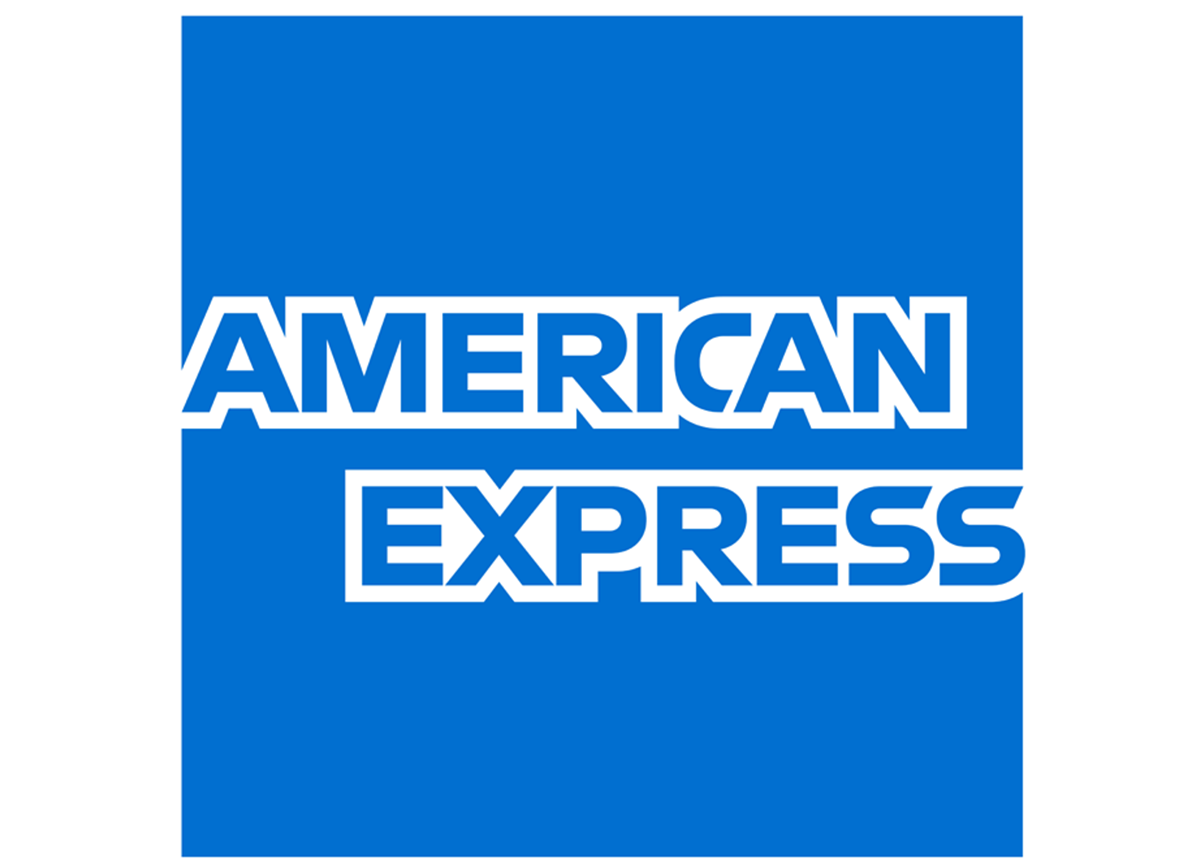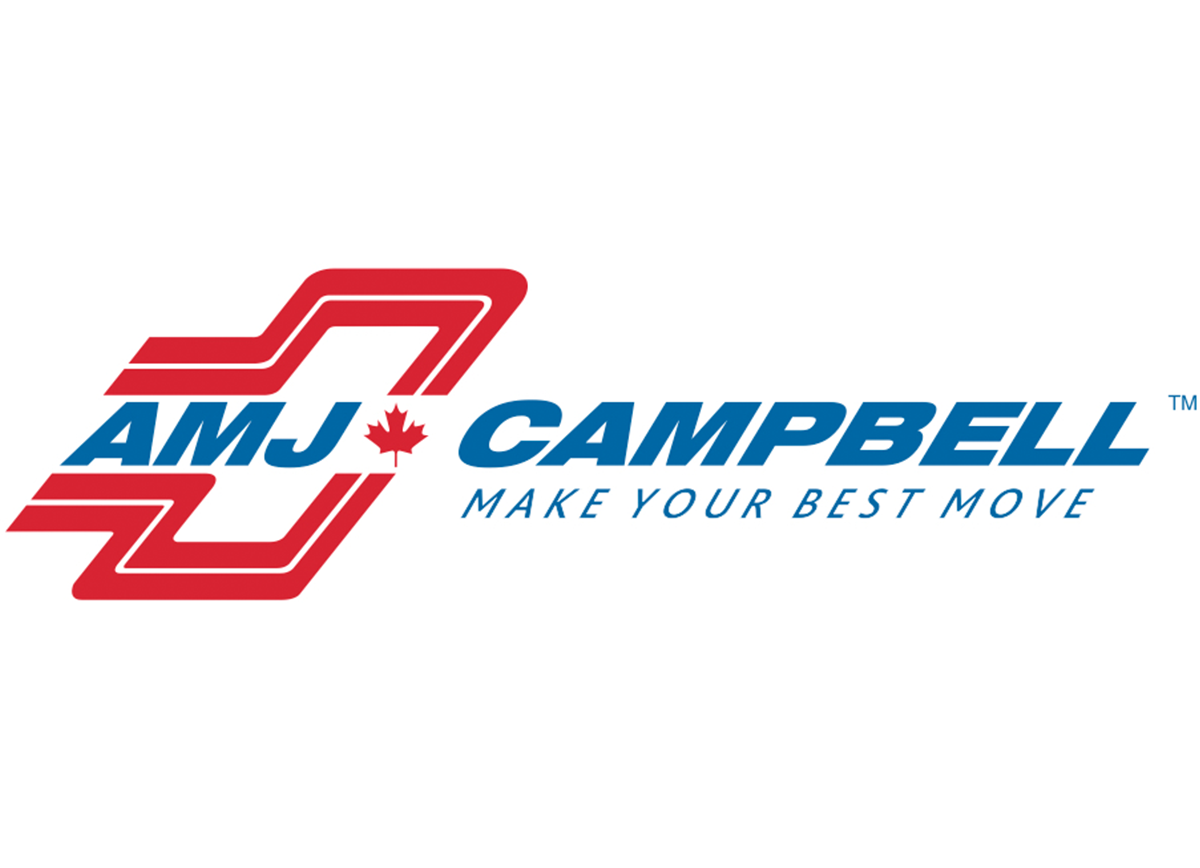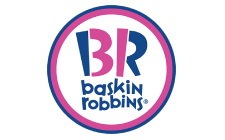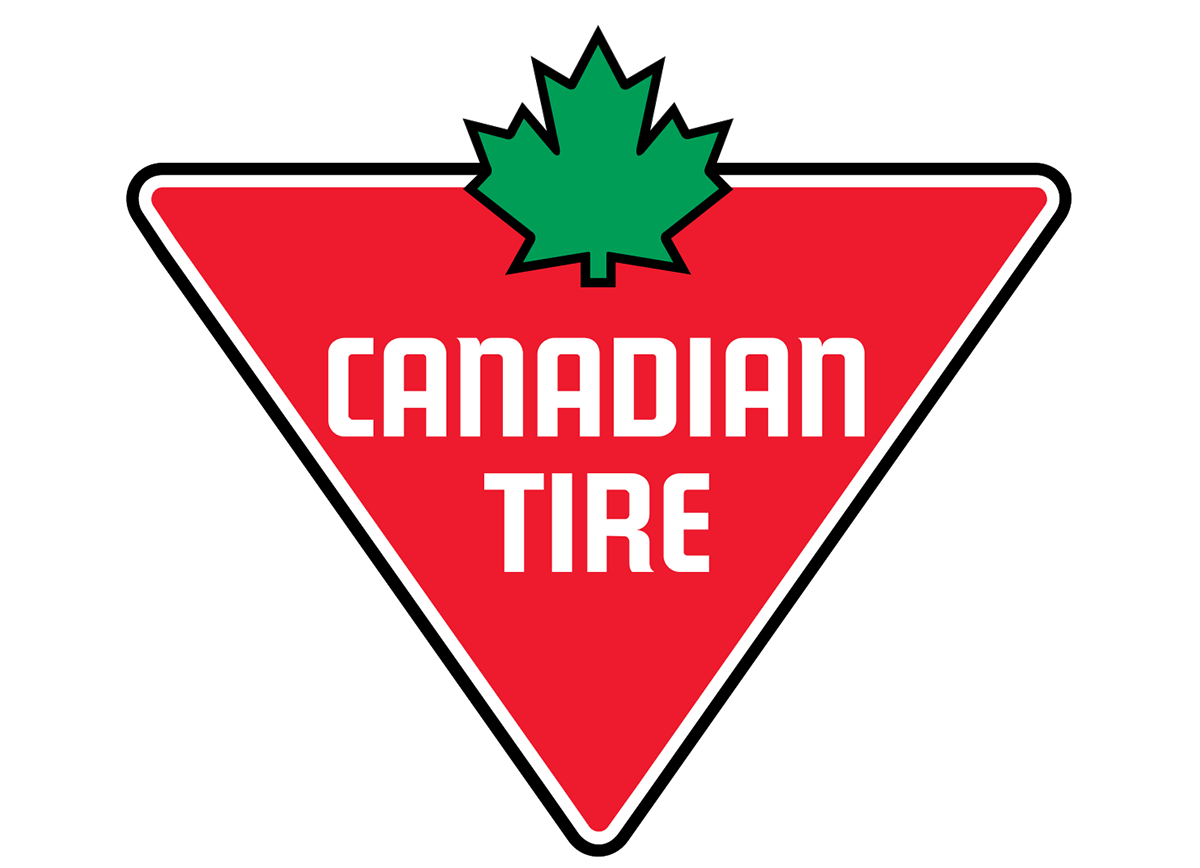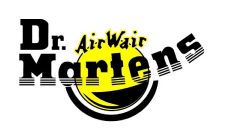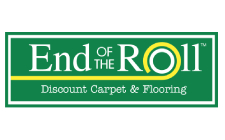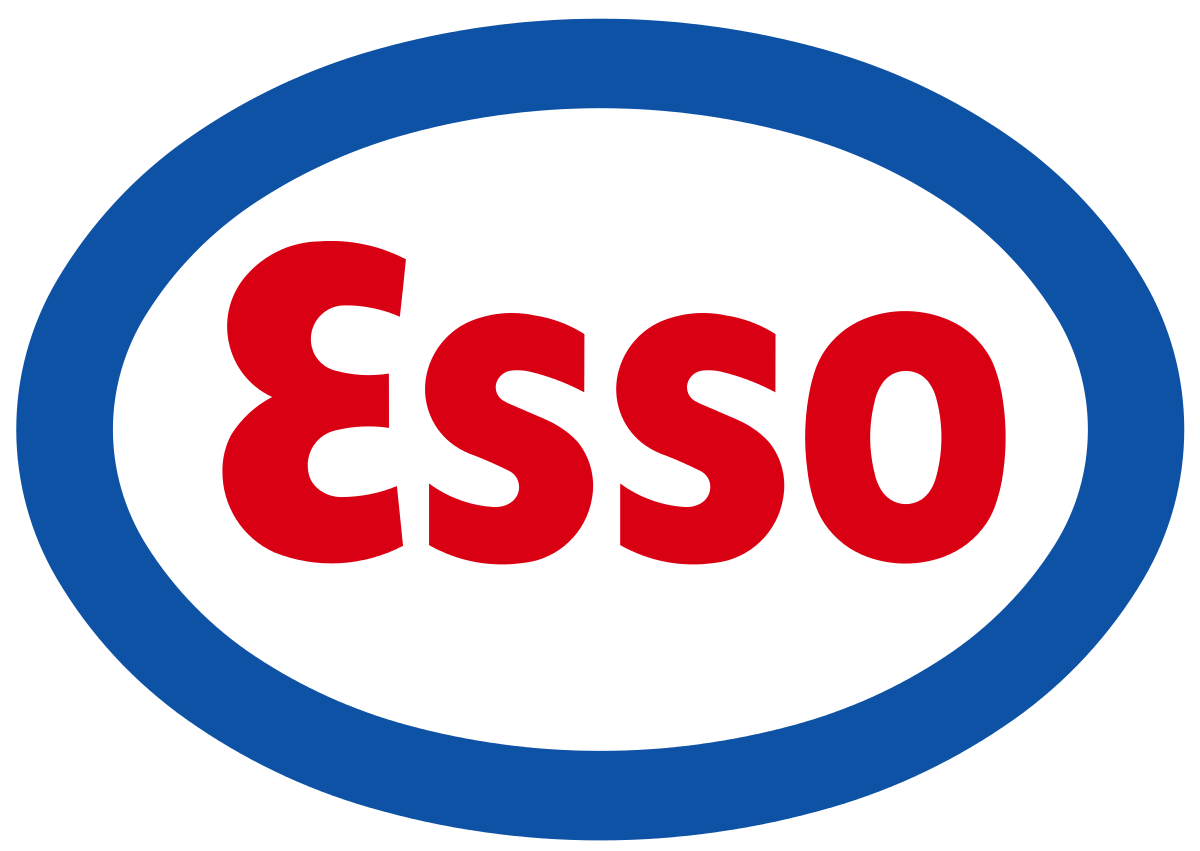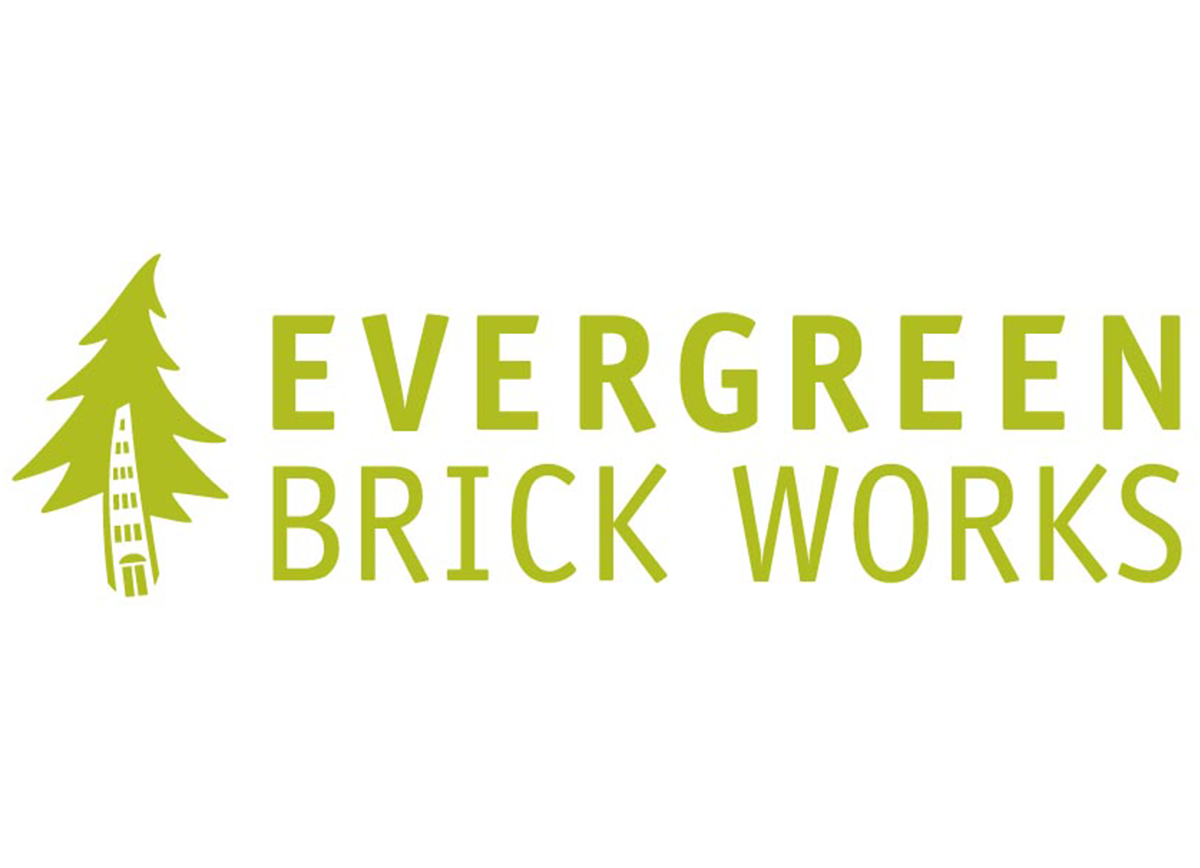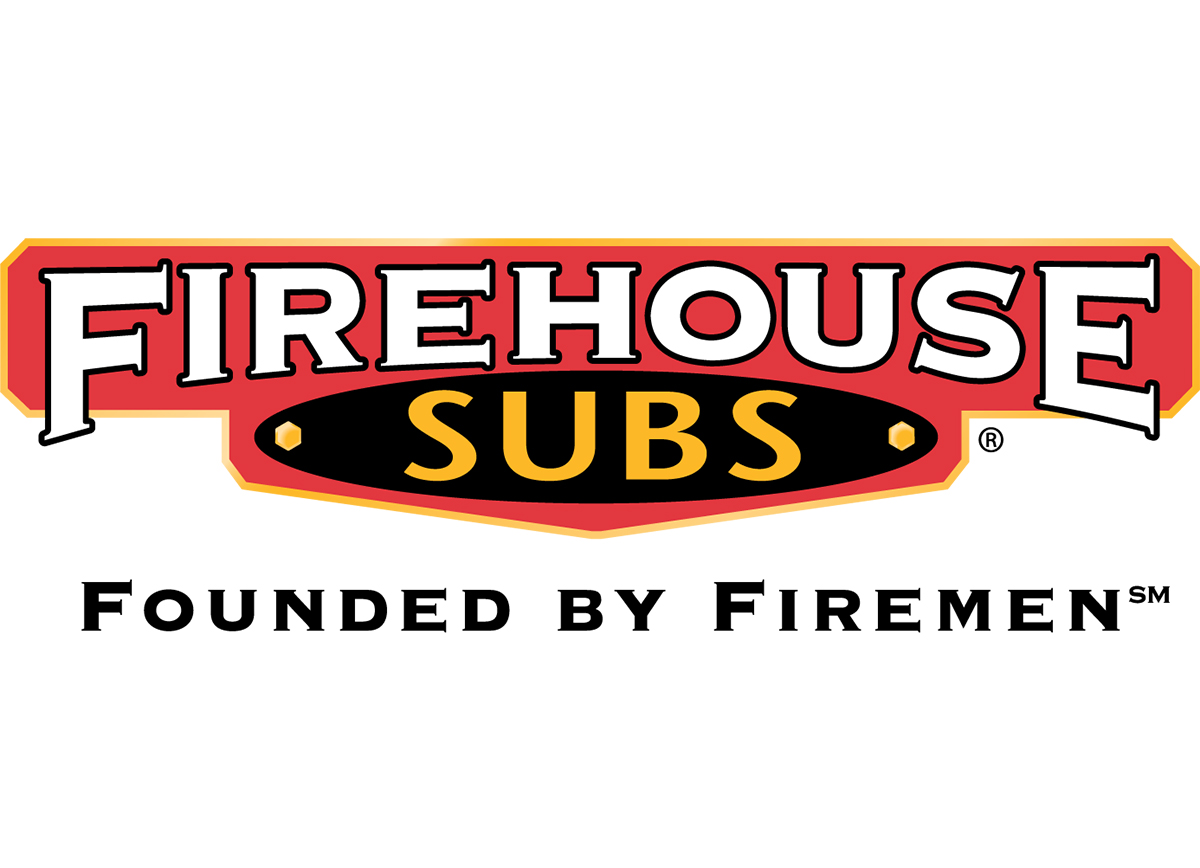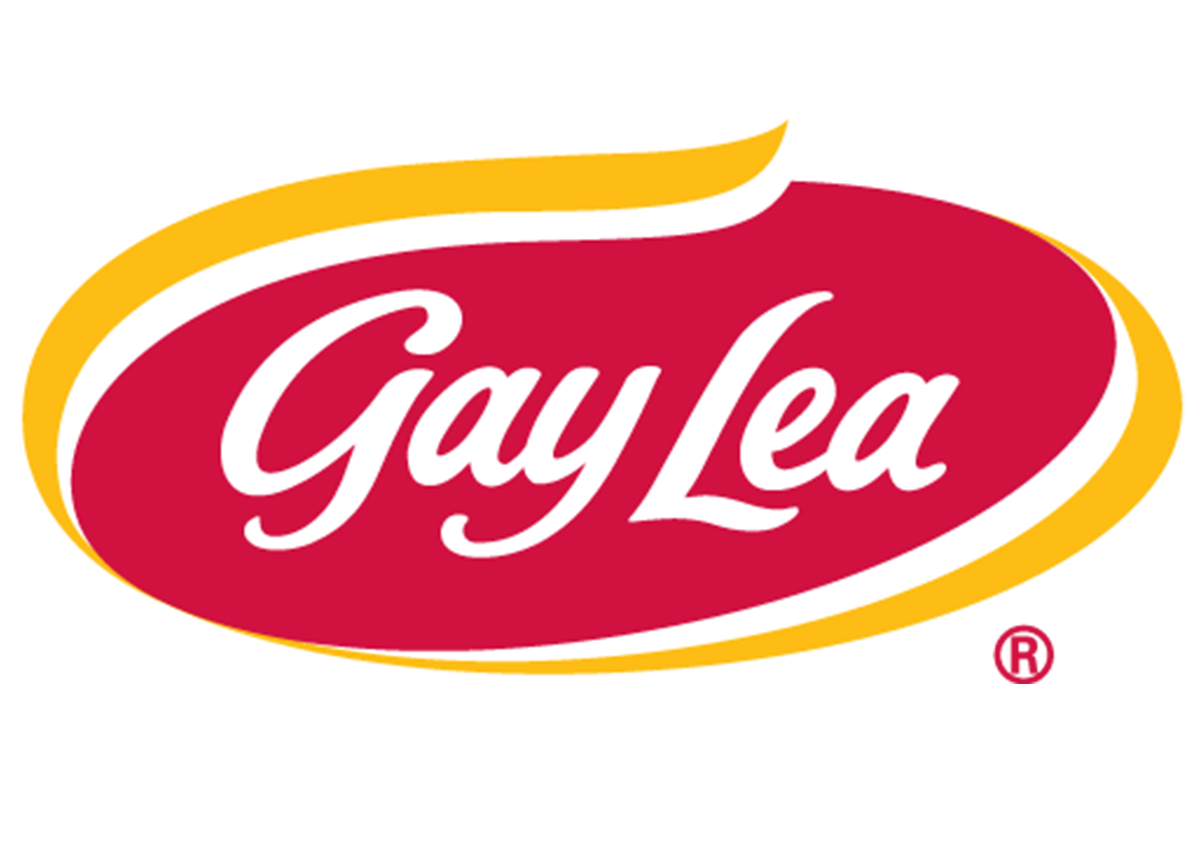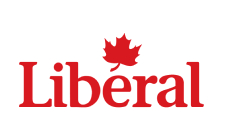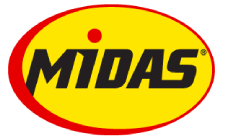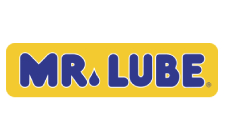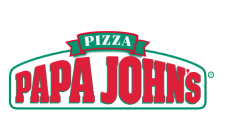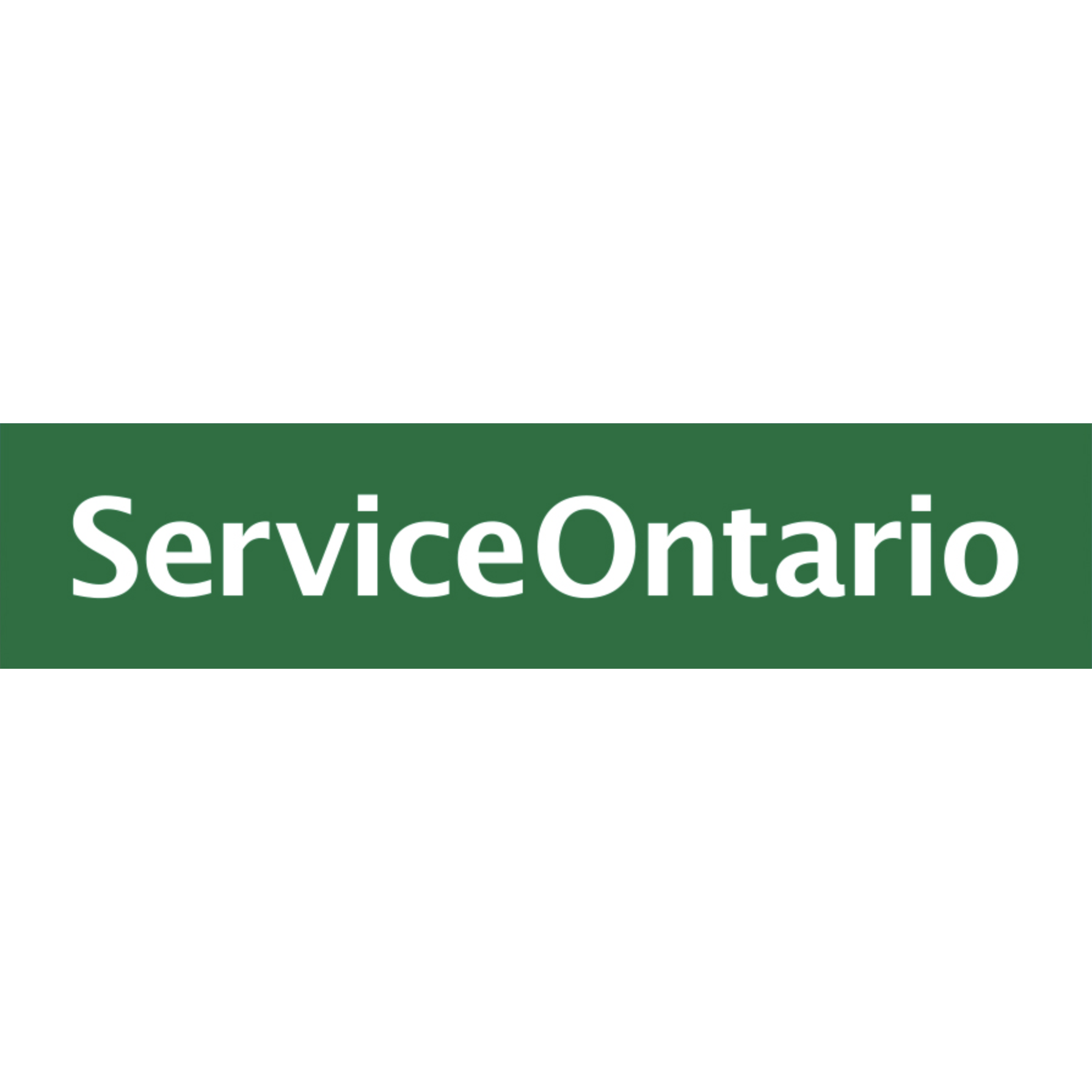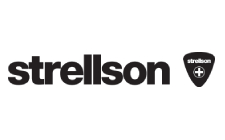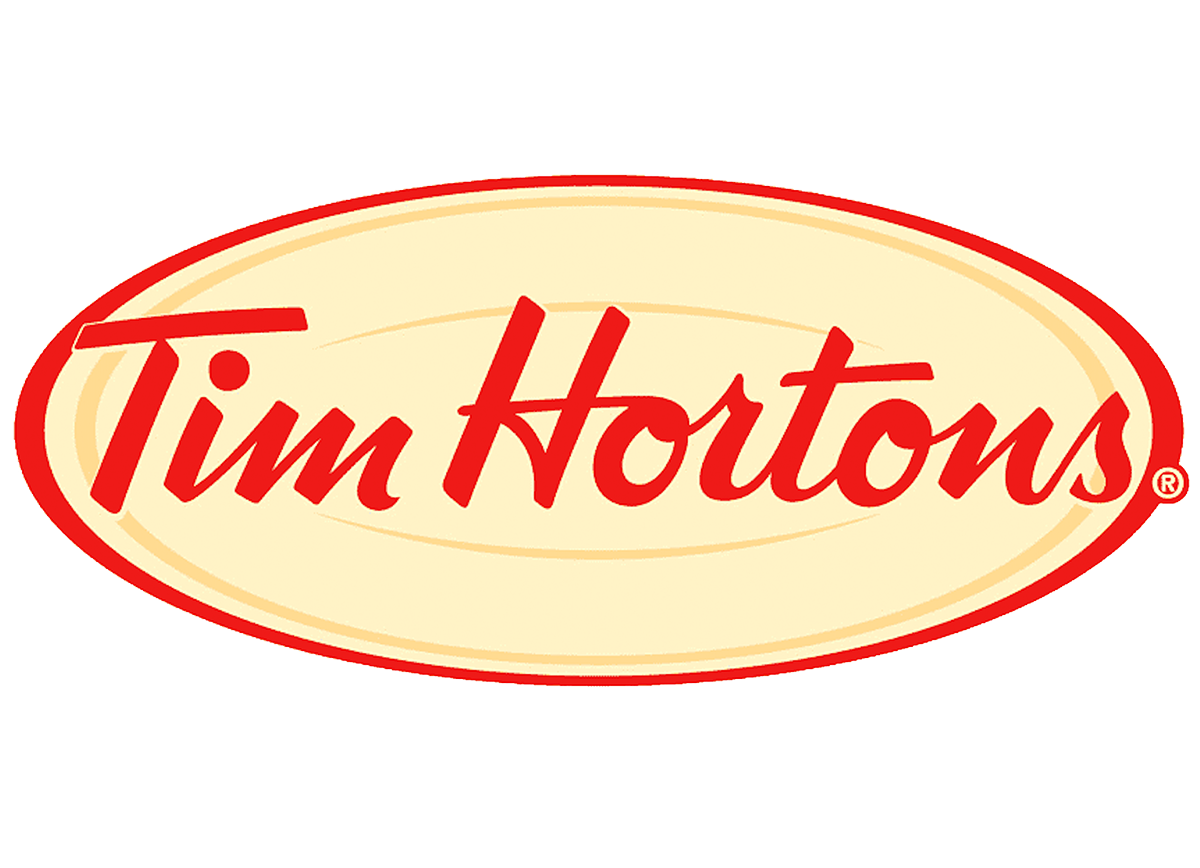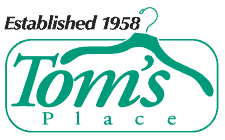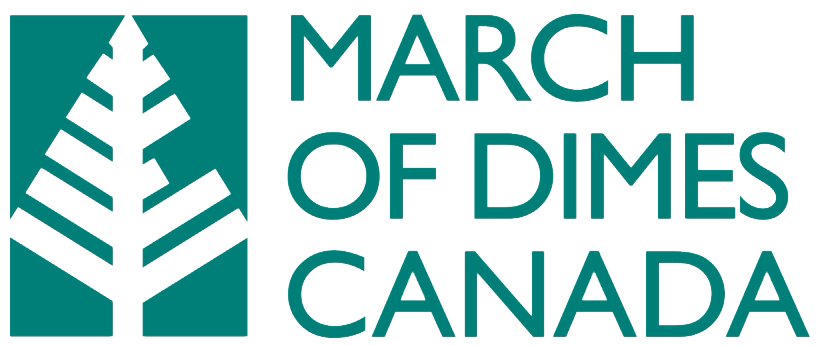A safe is the last line of defence for your cash on hand and essential papers in a home and the office. Making sure you’ve invested in the right one can make the difference between keeping your valuables secure and losing precious documents and personal treasures.
Pay attention to fire protection, not just crime prevention
People underestimate the risk of fire. Business owners are rightly scared of burglaries; after all, about 200,000 go down in the country yearly. But fire is not far behind, at about 100,000 separate incidents per year, many of which cause property damage.
When buying a safe, check the fire safety rating. This will usually be measured in the number of hours the safe can be exposed to a typical fire without being compromised.
These ratings are not 100% accurate, as they are based on a “typical” heat much lower than many fires. If an entire room goes up in a flashover, it’s unlikely that a safe is going to last its full rating.
As a good rule of thumb, a fire rating of less than 1 hour is functionally useless. Try to get with 1–2 hours of safety to ensure your valuables remain protected. If you live in a rural area or an underserved neighbourhood, go for over 2.
Check the cash rating
A cash rating is entirely separate from the fire rating. Some safes have excellent cash ratings but terrible fire ratings, and vice versa. You need to consider the two values separately.
A cash rating is less scientific than the fire rating. It is the maximum insurable amount of cash that can go in the safe, as determined by expert examination of the hinges’ strength, the lock’s complexity, and the metal casing’s resistance.
Just because a safe is rated for a given amount of cash does not mean you need to be limited by that amount. Suppose your business is located in a safe neighbourhood. In that case, you may even be able to convince your insurance company to cover a higher amount of on-premises cash than your safe manufacturer suggests.
Additionally, you can roll the dice and keep non-insurance floats on hand, eating the losses if you do suffer a burglary.
Still, keeping your approximate cash float in mind when shopping for safes is good. You do not want to pay too much, but you also do not want to have a large float that insurance will not cover.
Always choose the combination lock
In the movies, safecrackers often figure out the combination by hearing when the wheels lock-in. In reality, with modern safes, this rarely happens. Combination locks are incredibly safe and are much more convenient. Because it’s easier to keep track of a set of numbers than a physical key, buying a combination safe now could save you a lot of hassle later.
- Access Control
- Alarm monitoring
- Alarm Systems
- cannabis
- cannabis retailer
- CCTV Cameras
- Childproof Doors
- Commercial Security
- Construction Security
- Cybersecurity
- Digital Safety
- Door Bell
- Ethernet
- fire
- flood
- garage
- General Category
- Halloween
- holiday
- home
- home automation
- Home Safety
- Home Security
- Home Security System
- In the News
- intercom
- internet
- life insurance
- Locksmith
- Move Ahead
- moving
- MUL-T-LOCK
- natural disasters
- New Years
- Office Security
- Personal Safety
- Pet Protection
- real estate
- Safes
- Safes
- safety
- school
- Security Cameras
- Security Film
- Security Industry News
- Security Systems
- Security Tips
- security window film
- Senior Safety
- shoplifting
- Small Business
- Small Business security
- social media
- social network
- Sports Safety
- summer
- vacation
- Video Alarm Monitoring
- web
- web surfing
- Webdesign
- Window Film
- winter
- Workplace safety










